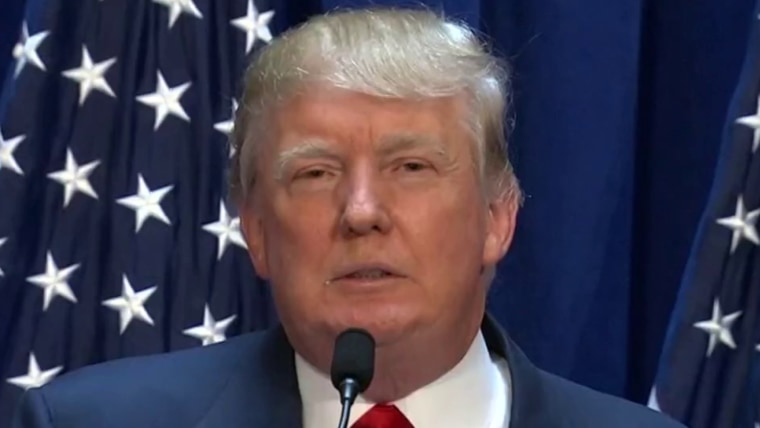Former President Donald Trump reportedly held a meeting with some of the country’s biggest oil executives at Mar-a-Lago where, according to a remarkable report in The Washington Post, it seems he was trying to sell the future of the planet in exchange for filthy lucre.
According to the Post, after an oil executive there complained that the hundreds of millions they had spent lobbying President Joe Biden hadn’t influenced his position on environmental regulations, Trump offered to make a deal with the executives that left many of them stunned:
You all are wealthy enough, he said, that you should raise $1 billion to return me to the White House. At the dinner, he vowed to immediately reverse dozens of President Biden’s environmental rules and policies and stop new ones from being enacted, according to people with knowledge of the meeting, who spoke on the condition of anonymity to describe a private conversation.
Sources told the Post that Trump also said this apparent quid pro quo was a “deal” for the executives because of the savings they’d get when, assuming he wins, he guts taxes and regulations.
On a policy level, this is horrifying. Trump appears eager to accelerate worldwide climate disaster if it helps fill his campaign war chest. One does not have to think Biden’s climate policy is anywhere close to perfect to see how much more dangerous Trump’s worldview is in this policy area.
Even if Trump’s behavior doesn’t meet the threshold for corruption according to the letter of the law, the appearance of corruption is still damaging to civic norms.
But the way Trump allegedly presented the deal is also poisonous. When powerful politicians meet behind closed doors with corporate executives and lobbyists looking to advance their interests, it’s always slimy business. But there are still norms and laws regulating how those behind-closed-door conversations should be conducted. And the Post’s reporting suggests that Trump transgressed those norms — potentially so severely that it breaks the law, according to some government watchdogs.
“What’s OK is the way donations are supposed to work, which is people give money to elect politicians who agree with them on policy positions,” said Jordan Libowitz, vice president for communications at Citizens for Responsibility and Ethics in Washington. “What’s much less OK is a candidate essentially saying, ‘My policy positions are for sale. My acts in office are for sale. And here’s what it would cost you to buy my actions.’”
Libowitz said CREW’s lawyers are looking into whether Trump’s reported actions violate any federal bribery statutes.

Trump already has a track record of gutting environmental regulations, championing fossil fuels and pulling the U.S. out of climate agreements. If he’d said he believes regulations are bad and renewable energy is overhyped and that he hoped those who agreed would donate to his campaign, then he’d be operating within the normal parameters of courting donors.
But the Post’s report suggests Trump flipped around the ask, proposing instead that a specific amount of money could ensure that he would take specific action. Even though Trump already leans toward disastrous environmental policies, the “policy for sale” ethos could still influence how much he prioritizes the interests of Big Oil if he’s elected again. And even if Trump’s behavior doesn’t meet the threshold for corruption according to the letter of the law, the appearance of corruption is still damaging to civic norms and only serves to normalize impropriety.
Regardless of how oil executives respond to Trump’s reported shakedown attempt, reports of his ask at that meeting are sure to be heard by all kinds of wealthy donors across different sectors. Trump has a well-documented appetite for transactional politics, and now he’s desperate for cash as he gets pummeled by his lawyers’ fees and legal penalties. Some surmise that Trump’s courting of a megadonor may have influenced his astonishing flip-flop from wanting to ban TikTok to saying it should be left alone.
We’ve known for a long time that Trump will do anything it takes to advance his personal interests. But these acts that potentially cross the line into vulgar bribery are noteworthy not because they’ll necessarily make us think less of him, but because of the catastrophic consequences this kind of corrosion of democratic norms could have for everybody else on the planet.

